Weird West Fantasy

by BenGalley
Guns and magic. Cowboys and monsters. That's what usually springs to mind when you mention Weird West, or "western fantasy" as it can also be labeled. That's what does for me anyway, but like any sub-genre, there are many different elements making up its DNA, and as such Weird West is much richer than just a mash-up of spells and six-guns.
When I started reading and writing Weird West, I often wondered where the term had come from, as it seemed a rather broad, catch-all name. I was surprised to find out the term got traction in the 1970s, in DC's Weird Western Tales comic series, which featured Jonah Hex for several issues. They pretty much set the name of the genre in stone right there and then, however, the comics were arguably not the roots of what we know as Weird West.
Pulp magazines back in the 1930's popularised western fiction that had a weird slant. Stories by Robert E. Howard, Charles G. Finney, and other authors started the trend of mixing classic western elements with horror, the occult, and fantasy. The trend continued from then on. Lon Williams Lee Winters stories threw in greek mythological creatures in the '50s. Joe R. Lansdale's Dead In the West saw a full mash-up of zombies and Native American folklore in 1986, alongside Stephen King's Dark Tower saga, which threw sci-fi into the mix. For a lot of fantasy authors, myself included, King's adventures of the Gunslinger is considered to be the canonical beginnings of modern Weird West, and led to a surge in the genre that has carried through to today.
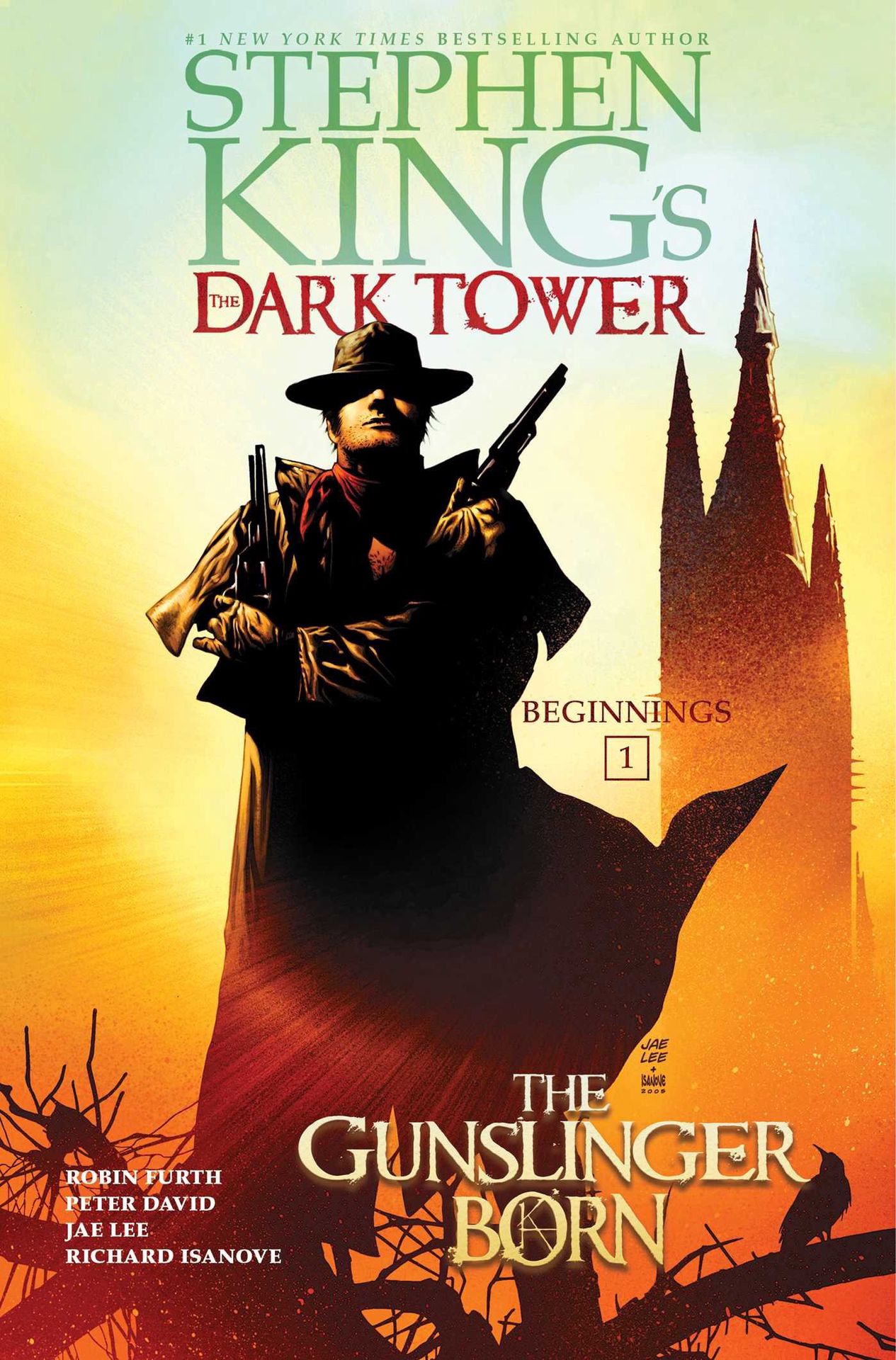
There has actually been quite a boom in the last decade, and the genre continues to be redefined and expanded. There have been some fantastic Weird West releases in recent years, such as Red Country by Joe Abercrombie is a firm favourite, as well as The Six-Gun Tarot by R. S. Belcher, and One Night in Sixes by Arianne "Tex" Thompson. The Alloy of Law by Brandon Sanderson also had a western fantasy feel. Six-Gun Snow White by Catherynne M. Valente is also a brilliant retelling of Snow White as a gunslinger in a mythical Wild West.
At the core of what we know as Weird West sits a strong western element, either in world, time period, setting, or characters. Around this core traditionally sit elements of horror and the supernatural, which slot very nicely into a western setting. The era of the Wild West was a time of cultures spreading and meeting, with European ideals and backgrounds clashing with the vast and varied cultures of Native American peoples, as well as African cultures brought to the Americas during the deplorable years of slavery. There were also huge Hispanic and Asian influences towards the latter years of the frontier. It was this almighty culture clash, and this period of uncertainty and the unknown that gave rise to a rich and original Wild West folklore, packed full of ghost stories, heroes, outlaws, haunted mines, burial grounds, and of course, a key Native American influence. And, as much of Native American culture was misunderstood at the time, a lot of western folklore has a mystical slant to it. It's why it comes as no surprise that horror was the first genre to be mixed with westerns.
This folklore has survived the test of time mainly because the stories of the Wild West were mythologized while the west was still being forged. Even in the 1850s, dime novels told stories of the wild frontier, violence, and heroism. It's why these stories live on, and while the western is still such a strong genre in modern-day. That, and the deep lore of the West continues to be rich pickings for an author.
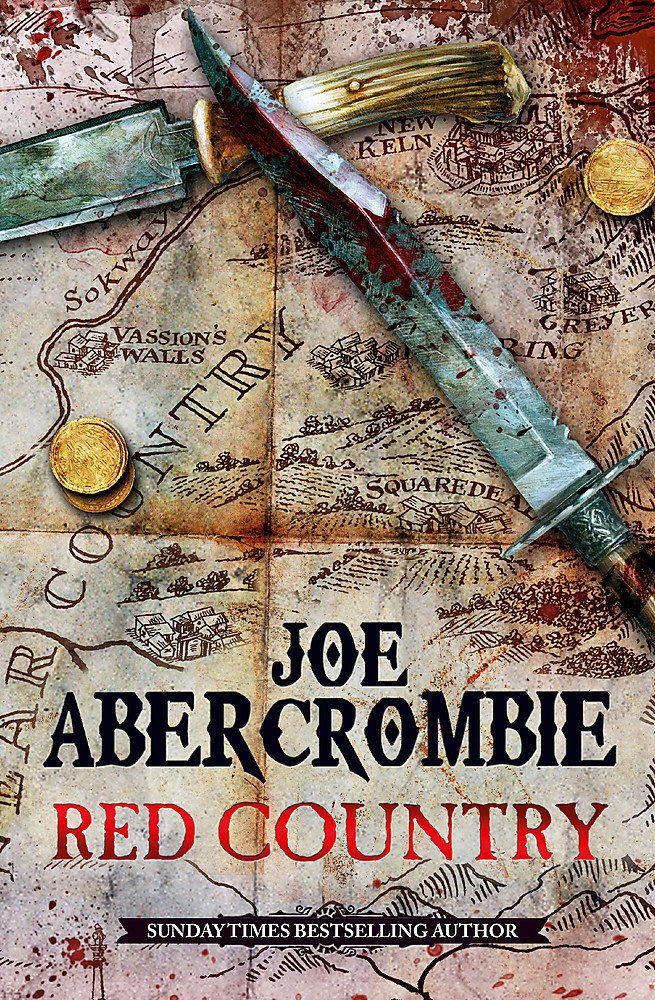
Beyond the horror elements, you will also find fantasy, sci-fi, mystery, and more recently, genres like steampunk and grimdark in the Weird West mix. It's worth mentioning that alternate history is often a large part of Weird West, as the strangeness of the stories or the world sometimes demands a little rewriting of history. As far as mythology goes, Weird West has a lot to choose from, again thanks to that mash-up of European, African, Hispanic, Asian, and significantly Native American, mythologies. Only in Weird West would you have chimeras bounding through Monument Valley, or dragons rubbing wings with thunderbirds, or chupacabras fighting werewolves.
Thematically speaking, Weird West usually leans to the darker side of fiction. Mostly because of its horror roots, but also because of its dark fantasy elements, and often gothic nature. But even a true western, with no interference from other genres, is more often than not a story of struggle, violence, and lawlessness. When I think of the classic westerns, in either film or fiction, I think of True Grit, The Good, the Bad, and the Ugly, or the works of Cormac McCarthy. Or even the historical accounts of Billy the Kid, Clay Allison, Wyatt Earp, or The Sundance Kid and Laura Bullion. These are stories of characters who lived in a world based largely on how fast somebody could ride or pull a gun. A world where laws were enforced by bullets and hangings. A world based on either working the land or stealing from it. Westerns, at their heart, are tough, gritty stories featuring brave and foul people, living in a desperate and barren world, coping each day as it comes against unknown dangers. Sometimes the tale turns out fine, but usually, doing the right thing has little reward apart from staying alive. Even then, it's doubtful. Weird West follows this style, except with a lot more weirdness to make the stakes higher and the desperation deeper. And, like the lawlessness of the West, Weird West has few laws of what can and can't be added.
One thing to note about characters is that they are wide and varied in Weird West fiction. As well as the ability to feature a wider range of types of characters, such as putting wizards alongside gunslingers, there is also a lot to play with on the morality scale. A lot of Weird West leans towards the morally grey area, with many characters being opportunists, or looking out for number one. Characters also have the ability to switch their moral compasses. You can have the lawman turning rogue, or the outlaw coming good. This comes from the introduction of dark fantasy and horror, which focuses on the fickle nature of humanity, and its darker sides, rather than a noblebright approach. And yet many westerns, particularly in film, have a clear distinction between bad and good. The sheriff and the outlaw. The black hat and the white hat. It gels well with a lot of European fairytales and heroic fantasy, such as the knight facing the dark lord. As such Weird West often toys with this distinction like a cat and a mouse, twisting it, or upholding it only until the last moment.
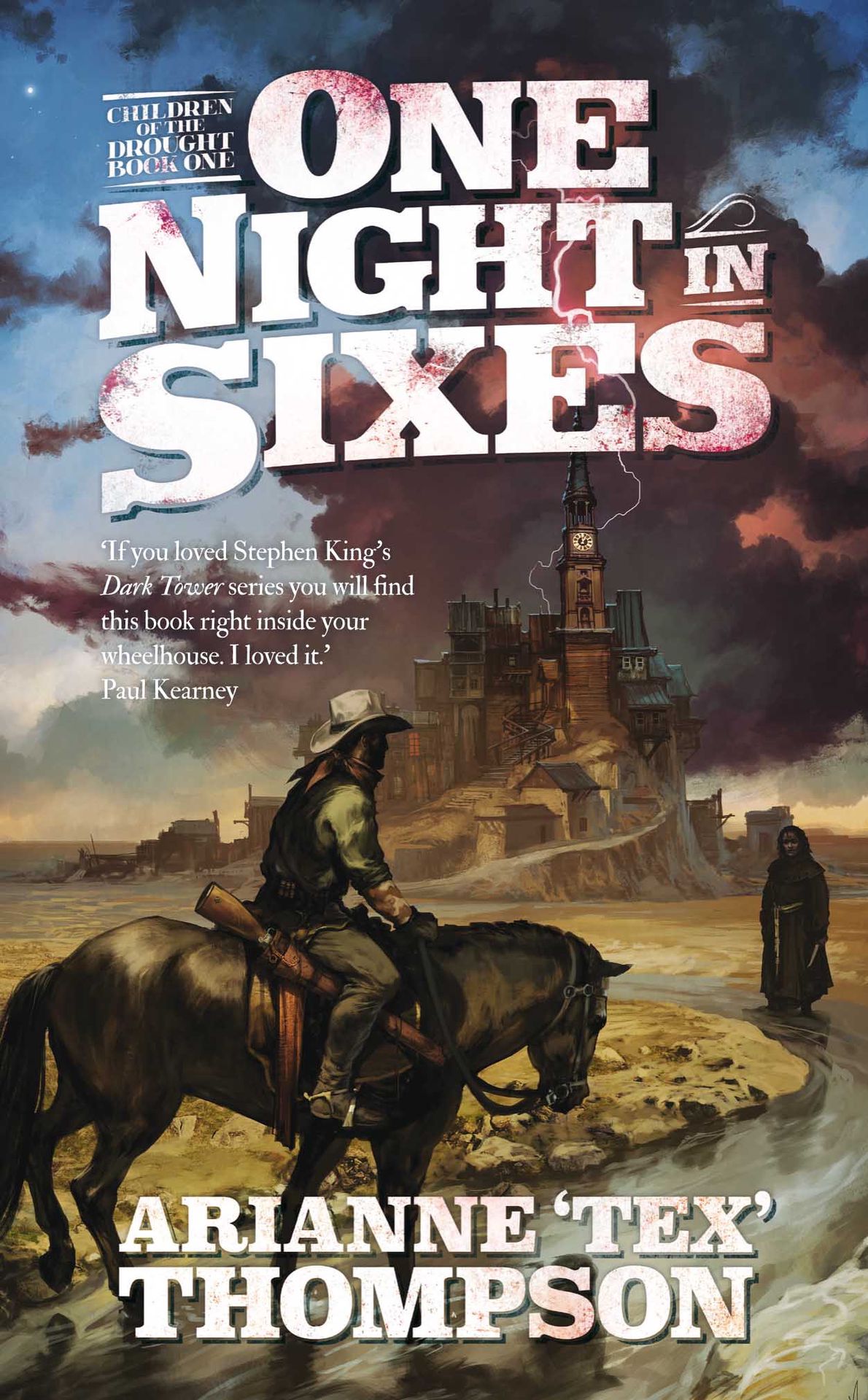
The setting of any Weird West fiction also plays a huge role. The world is a character in itself, and despite all the wars and strife of the Wild West, the barren landscape was always the great leveler. The frontier was a harsh place, and people had to survive it before they could survive what lived in it. Weird West seems to pick up on this theme and exaggerate the strangeness of already strange landscapes. Take Monument Valley again, for example, where humongous rocks defy gravity. Or the endless plains and prairies of the midwest, where mountains are altogether forgotten. Or the Grand Canyon, like the doorway into hell itself. These places must have seemed magic, to the first settlers, and in Weird West tales, this shock and awe of the landscape is a key element. Whether in danger or in scale, Weird West paints vast, strange worlds, even if the story is still told on a personal, human scale.
That is what makes Weird West interesting for me: that in the face of such odds, facing unknown monsters and dangerous lands, with morality constantly in doubt, there is still a human in the middle of it. It's their discovery of the weird world around them that draws me in and makes me wonder what a world as wild as that would be like, and how long I would survive. There's a fascination with danger and darkness inside us all, and like the folklore of the Wild West, Weird West is a veritable buffet of it, only darker... and more dangerous.

Example of Weird West on Wattpad:
Bloodrush (Scarlet Star Trilogy #1) by BenGalley
Synopsis:
When Prime Lord Hark is found in a pool of his own blood on the steps of his halls, Tonmerion Hark finds his world not only turned upside down, but inside out. His father's last will and testament forces him west across the Iron Ocean, to the very brink of the Endless Land and all civilisation. They call it Wyoming.
This is a story of murder and family.
In the dusty frontier town of Fell Falls, there is no silverware, no servants, no plush velvet nor towering spires. Only dust, danger, and the railway. Tonmerion has only one friend to help him escape the torturous heat and unravel his father's murder. A faerie named Rhin. A twelve-inch tall outcast of his own kind.
This is a story of blood and magick.
But there are darker things at work in Fell Falls, and not just the railwraiths or the savages. Secrets lurk in Tonmerion's bloodline. Secrets that will redefine this young Hark.
This is a story of the edge of the world.
Excerpt:
Close up, the town looked like a monster, sprawling and leaking charcoal smoke from its pores. Its veins were dusty streets scarred with the pockmarks of hooves and wheel-ruts. Its tentacles were wandering, misshapen buildings and ambling paths. Its skin was made of wooden slats, jagged and tortured like every true monster's skin, and like every true monster, it was being harried and attacked.
The freshly beaten railroad from the east pierced the monster's side like a silver spear and ran it clean through. Roads snaked in from the north and south, looking for all the world like ropes lassoing the creature's wooden limbs. As the light faded and the shadows grew long, Merion could almost imagine the town thrashing and flailing as sunset made the sky ripple. With every twist of the track they came closer. The locomotive aimed its nose right for the heart of the town and chugged towards it. The men in his carriage had grown silent. Merion just pressed his face harder against the glass.
The black skeleton of a church lay on Fell Falls' eastern outskirts, as though it had somehow escaped the tentacled clutches of the sprawling monster yet had paid the price with fire and flame. In the scorched soil of its graveyard, stood a congregation of sun-bleached crosses, creaking in the desert breeze. Some were dressed in dusty hats with holes, others adorned with pickaxes and tools, still others with garlands of wild flowers, either fresh or dried and crumbling. Some crosses bore no gifts at all. Merion tried to count them as they rumbled past.
On the locomotive's other side, to what Merion assumed was the north, a great barn stood alone in the desert. Flags flapped from several poles on its roof, each bearing colours and shapes, but at that distance Merion couldn't make out their specifics. To his squinting eyes, it almost looked like a coat of arms of some sort.
No matter where Merion looked, how far he craned his neck, or how much he squinted, he could not spot a single drop of water. Unless they were to be found in the surrounding low hills, it seemed that Fell Falls actually had no falls at all; the name was a lame joke at the town's expense.
As the locomotive pulled into the station (if a jumble of wooden decking, a glorified shed, and a small outhouse can be considered a station), the sun was just about to set. The vast sky had turned a deep, furnace-orange, and it made Fell Falls glow.
There was barely a brick building in sight. The whole of the town seemed to be constructed of a grim grey wood. Thankfully, its citizens had gone to some effort with their paintbrushes, and there were plenty of colours on the insides of the monster. There were plenty of citizens too. The dusty streets were abuzz with men and women. Workers, guards, farmers, shop girls, stableboys, the lot. Merion watched them as they wandered to and fro, some drinking, others laughing. Some even sang. He wondered how there could be so much merriment in a place as dangerous as this. Why weren't these people in their homes, behind locked doors? He wondered.
What Merion did not know, and would soon find out, is that it took a special type of person to exist out here, on the edge of the world: the sort of person that knows, as we all do, that copious amounts of alcohol and laughter are brilliant methods of keeping the heavy weight of mortality and an occasional disemboweling off your back.

Inspirations:
Setting
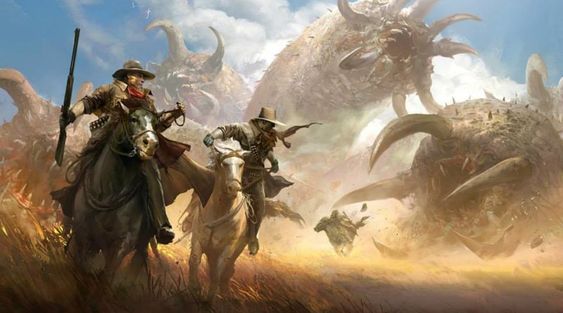
Character
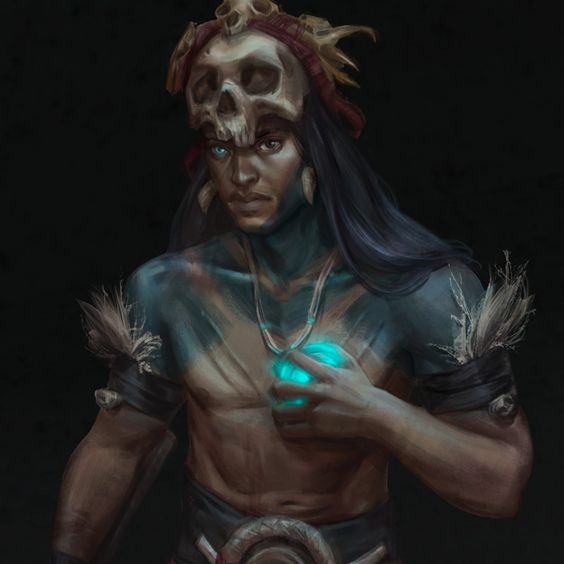
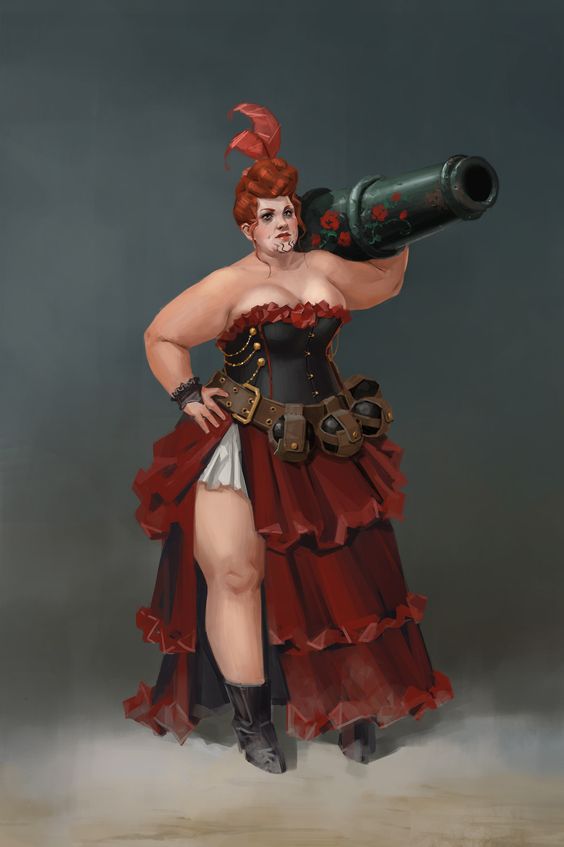
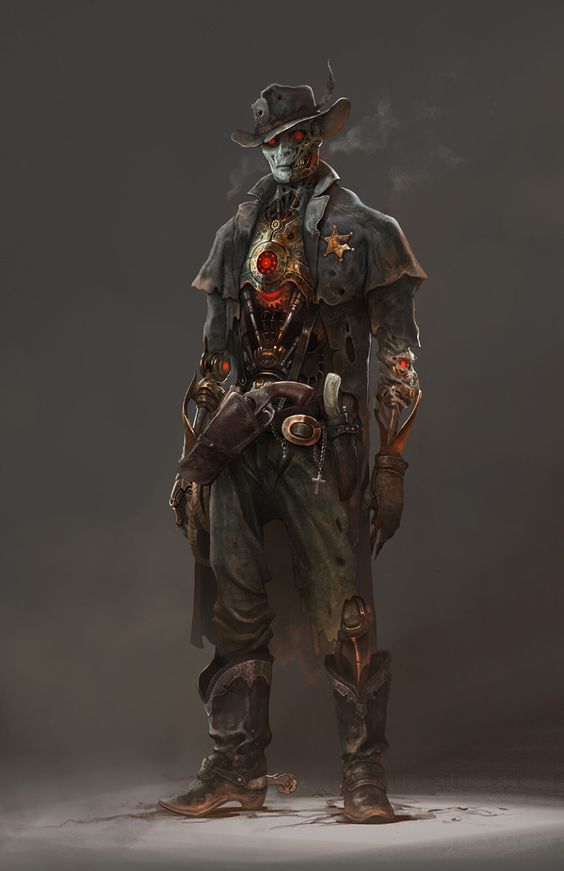
Music
https://youtu.be/Dxvej27d8N0
Bạn đang đọc truyện trên: AzTruyen.Top